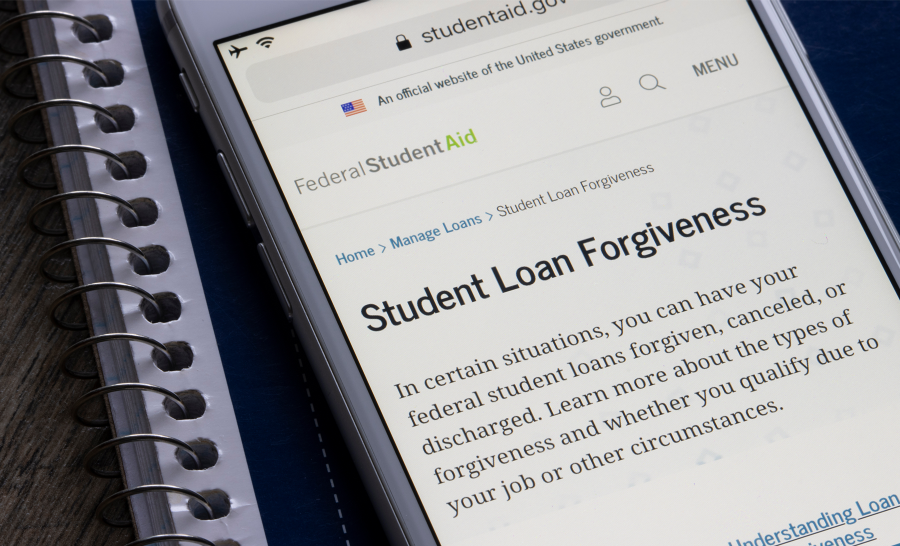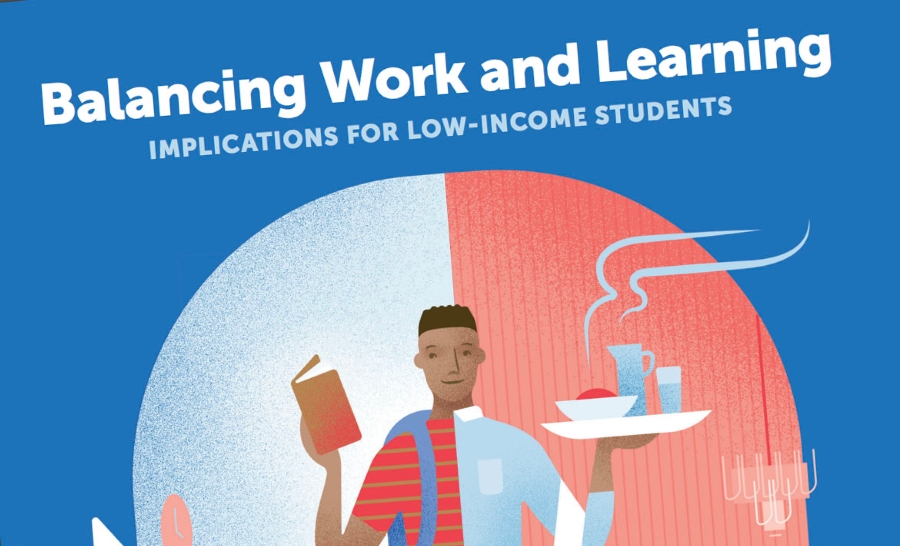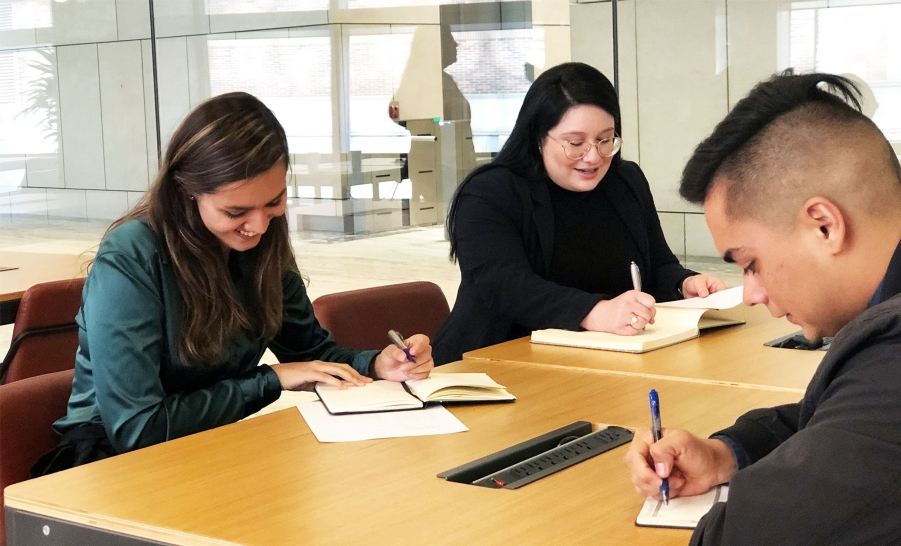Many first-generation college students will benefit from longtime advocacy efforts that have culminated in a plan to reduce their student loan debt. The Biden Administration’s recent announcement to provide federal loan forgiveness for many college students has generated much attention, both positive and negative.
Highlights of the Biden plan include:
-
cancellation of $10,000 of education debt for individual borrowers making less than $125,000 per year OR for couples making less than $250,000 per year;
-
cancellation of $20,000 of education debt for individual Pell Grant recipients making less than $125,000 per year OR for couples making less than $250,000 per year;
-
extending the pause on current loan repayments until December 31, 2022; and
-
an income-based repayment plan that caps borrowers’ monthly repayments at five percent of their salaries.
Secretary of Education Miguel Cardona stated that 43 million Americans have student loan debt and that as many as 40% of them could have that debt totally canceled under this plan. Of those borrowers, Secretary Cardona indicated that “90% of the relief dollars are going to go to people making under $75,000.” It is important to note that this relief applies to loans issued through the federal government and does not apply to private loans that borrowers may have secured through banks or other lending institutions.
College degrees boost income and wealth by a greater percentage for first-gen graduates than for families with more than one generation of college graduates.
The White House announcement about the plan reasoned “that a post-high school education should be a ticket to a middle-class life, but for too many, the cost of borrowing for college is a lifelong burden that deprives them of that opportunity.” Among the benefits of higher education to first-generation college students is the promise of upward mobility.
In general, those with more education earn higher incomes. According to a report by the Federal Reserve Bank of St. Louis, first-generation college graduates have greater social mobility than families with no higher education. In addition, college degrees boost income and wealth by a greater percentage for first-generation college graduates than for families with more than one generation of college graduates. Despite these gains for first-generation college graduates, their attainment of a college degree is not fully equalizing when compared to graduates who have at least one parent with higher education.
43 million Americans have student loan debt, and as many as 40% of them could have that debt totally canceled under [the Biden] plan.
Student loan debt has affected home ownership and even employment satisfaction. Over 60% of millennials reported that student loan debt was delaying their ability to purchase a home. In addition, 49% of respondents in the same survey indicated that student loan debt kept them in jobs they disliked or found uninteresting, forced them to take a second job, or resulted in them taking a job outside their field of study. Thus, student loan debt impacts several quality of life issues for a number of Americans.
In sum, the planned student loan debt relief will benefit many first-generation college students. In addition, many of those who chose to work in public service roles (U.S. federal, state, local, or tribal governments or not-for-profit organizations) may still benefit from the revised Public Service Loan Forgiveness program. Despite these measures, efforts to #AdvocateFirstgen remain important as they relate to paying for higher education. Current campaigns, such as advocating for doubling the amount of Federal Pell Grants, will help with future higher education costs.
What strategies have helped you to champion first-generation students successfully? Share your perspective on first-generation student advocacy and pertinent policy issues across social media with #AdvocateFirstgen.






